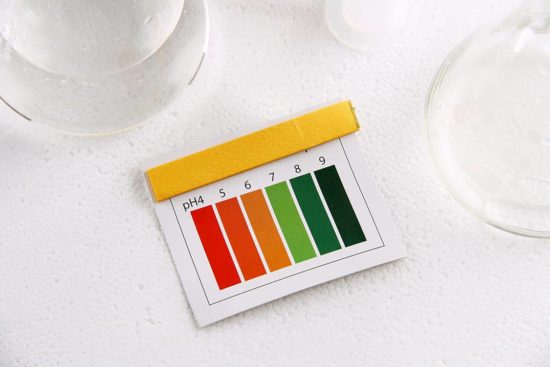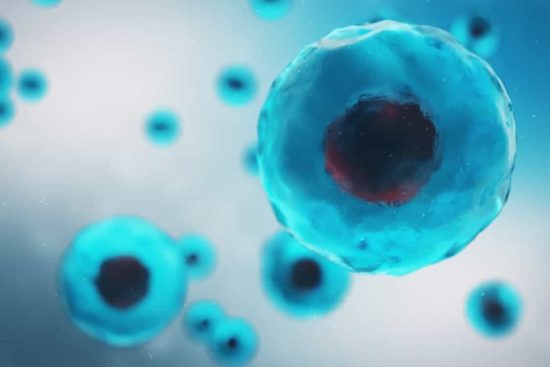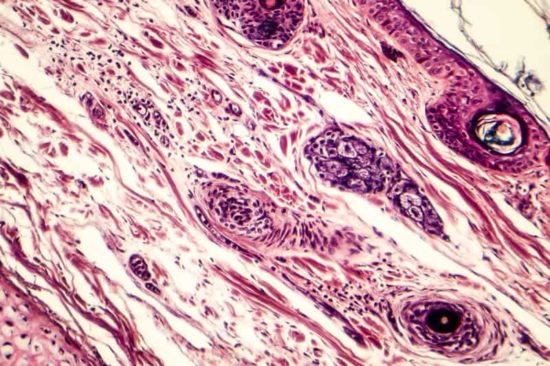Human Anatomy & Physiology Part 1
Fundamentals of Life
~ Online Course Outline ~
1,724 minutes of footage
Here's what you'll find inside the course.
This course will cover the prerequisite topics of Anatomical Terminology, Electrical Chemistry, Cell Biology, and Histology. A deep study of these topics will serve as a foundation to build upon the Naturopathic study of the human body.
You Will Learn...
I. Electrical Chemistry
II. Cell Biology
III. Introduction to the Human Body
IV: Histology
Electrical Chemistry will review atomic structure, chemical reactions, and acids & bases along with the importance of an alkaline diet. Also discussed in this section are the major biological molecules and a review of biological transmutations.


In Cell Biology, you will become familiar with the major components of the smallest unit of life: the Cell.
Important organelles like the mitochondrion will be reviewed as well as the process of cellular respiration (one of the most important metabolic processes in the cell!).
You will also learn about gene expression, protein synthesis, and mitosis. In addition to this, a discussion of exosomes and cellular detoxification will be reviewed.
As we begin to introduce the Human Body, an overview of how the body is organized will be presented (alongside a discussion of the 11 major organ systems that make up the human organism).
You will also become familiar with homeostasis, the foundational physiological mechanism that keeps the body in balance and harmony.
Also in this section, anatomical terms will be reviewed, and you will become familiar
with how to communicate with other natural health professionals (as well as allopathic practitioners) when discussing the human body.


As Dr. Morse frequently says, the body is simply made up of a bunch of cells and two major fluids.
A group of cells that work together is defined as a Tissue, and Histology is the study of Tissues.
In the Histology section, you will become familiar with the major tissues that make up every single organ in the human body: epithelial tissue, connective tissue, muscle tissue, and nervous tissue.
As you become familiar with the major tissues, you will also learn what happens when these tissues become lymphatically congested or too acidic.
When this occurs, inflammation often is the signal to tell the body that it needs to detoxify. In addition to learning about inflammation, you will become familiar with the importance of tissue regeneration.
I. Electrical Chemistry
1) Atomic Structure and Chemical Bonds (49 mins)
2) Chemical Reactions and the Importance of Water (57 mins)
3) Acid Base Chemistry, pH, and the Importance of an Alkaline Diet (59 mins)
4) Biological Molecules (56 mins)
5) Biological Transmutations (40 mins)
6) Practice Class Group Quiz (24 mins)
7) Questions & Answers Session 1 (56 mins)
8) Questions & Answers Session 2 (89 mins)
9) Questions & Answers Session 3 (94 mins)
10) Questions & Answers Session 3 Part 2 (50 mins)
1) Introduction to the Cell (61 mins)
2) Mitochondria and Cellular Respiration (65 mins)
3) Nucleus and Gene Expression (51 mins)
4) The Cell Cycle and Mitosis (41 mins)
5) The Cell Membrane and Membrane Transport (64 mins)
6) Exosomes and Cellular Detoxification (60 mins)
7) Questions & Answers Session 1 (71 mins)
8) Questions & Answers Session 2 (95 mins)
9) Questions & Answers Session 3 (60 mins)
10) Questions & Answers Session 4 (81 mins)
11) Questions & Answers Session 5 (72 mins)
12) Questions & Answers Session 6 (85 mins)
II. Cell Biology
III. Intro to Human Body
1) Organization of Human Body and 11 Organ Systems (49 mins)
2) Homeostasis (50 mins)
3) Anatomical Terminology (61 mins)
1) Epithelial Tissue (55 mins)
2) Connective, Muscle, and Nervous Tissues (57 mins)
3) Inflammation and Tissue Regeneration (59 mins)
IV. Cell Biology
